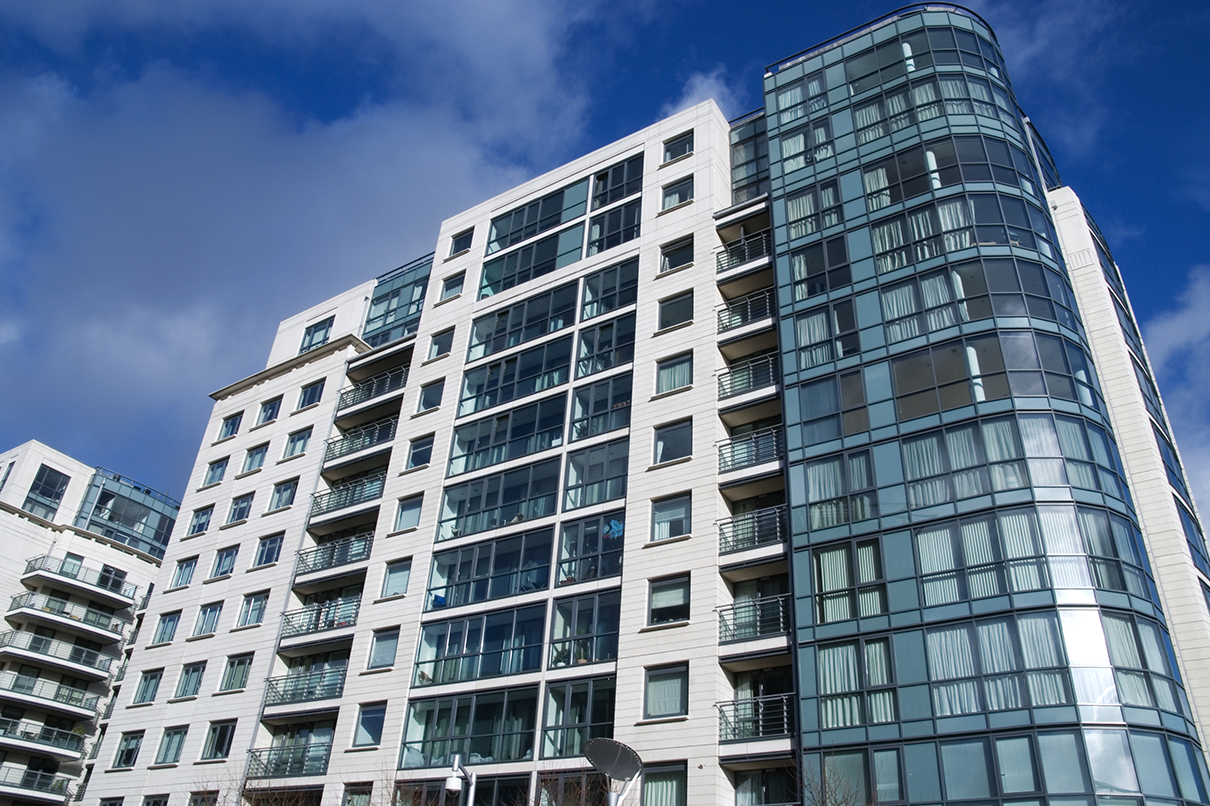
We are probably all aware that insurance premiums are based on a combination of factors – the risk you present to the insurers and your claims record. A poor claims record can lead insurers to either raise premiums or insist that you accept a higher excess. A good broker will do their best to reach the right balance.
It can seem unfair if one flat’s misfortune, or negligence, means that everyone else has to fit a bigger bill. Don’t forget that in a block of flats even a small water leak can end up causing damage to several flats in the building. If such claims become frequent, insurers will inevitably have to ask for higher premiums or excesses.
So, who pays for this? The flat owner that ‘caused’ the problem, or all of you together? It’s likely that the lease already stipulates that premiums are shared and in what proportion so that larger flats may pay a bigger percentage.
For excesses following a claim, the answer may not be so straightforward. If the lease doesn’t say clearly who is liable, be it the individual or all of the leaseholders, then it’s probably best to deal with the matter now. Older leases are more likely to say nothing about insurance excesses because they weren’t an issue when the lease was first written.
If you are a Director or Officer of a Residential Management Company (RMC), or a freeholder, you could draw up an agreement which clearly states who is liable for any excess payments in the event of a claim and which everyone agrees to. It will help avoid a lot of stress should the worst happen and you need to make a claim.
For those leases that do stipulate that individuals are liable to pay excesses, accountability can still be a challenge to interpret. For example, some leases specify that where the claim involves one flat then the individual leaseholder is liable for the excess, or where more than one flat has been damaged then liability for the excess should be shared between all the affected leaseholders. Will that seem fair to someone who, through no fault of their own, suffers damage after a sink overflows upstairs? Having clarity may help to avoid arguments.
Even better, of course, is avoiding or minimising claims in the first place. Escape of water can be a common issue. Maintenance and diligence on the part of every leaseholder can help to avoid it. At the very least, property owners should all know where their stopcock is.


